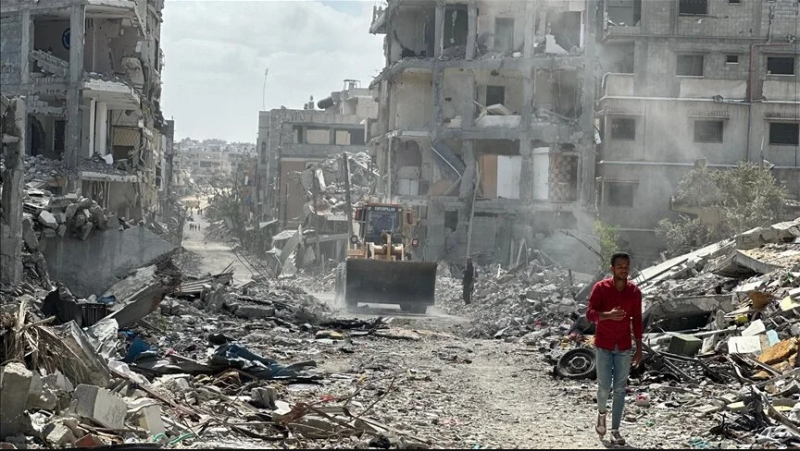A political narrative is a way of storytelling that can shape fact and impact on understandings of reality. Political narratives are stories that politicians tell about themselves and their opponents to gain voters’ support or to influence the present in light of the past. Political narratives can be based on actual events or wholly fabricated.
Political narrative is critical for political parties because it can simplify complex situations into chains of events that appeal to the emotions of the audience. It express and shape the political identity, perspective and ideology of the party. It can create and maintain worldviews that justify the party’s actions and goals.
Political narratives challenge or reinforce the dominant meta-narratives that shape the public discourse. They explain the party’s objectives & means to acquire political power.
The role of social media in reshaping political narratives in Pakistan is critical. Social media is an influential tool in political affairs given its ability to amplify messages quickly through various digital platforms. Social media has also emerged as a source of information, analysis and opinion for many people, especially the youth. In Pakistan, social media has played a role in reshaping political narratives in several ways including providing a platform for political deliberations and campaigns, where different hashtags, tweets, posts and memes can generate public attention and support. Furthermore, social media offers alternative channels for independent and uncensored analysis, where leading journalists and talk show anchors can express their views without the constraints of mainstream media. It further enables a coalitional approach to social media politics, where political actors can align their narratives with one another, boost the messages of allies, and counter the narratives of rivals on social media platforms. It also exposes the gaps and contradictions between the official narratives and the ground realities, where social media users can share their experiences, grievances and demands with a wider audience.
It is also significant to analyse how can political parties in Pakistan use social media for electoral success. Political parties in Pakistan can use social media for electoral success by developing clear and consistent political narratives that resonate with the values and aspirations of their target audience. They can engaging with their followers and potential voters through interactive and creative content, such as live videos, polls, quizzes, etc. Political Parties may build coalitions and networks with other like-minded parties, groups and influencers who can amplify their messages and reach more people. They can monitor and respond to the feedback, criticism and questions from the social media users in a timely and respectful manner. By leveraging the data and analytics from social media platforms to understand the preferences, sentiments and trends of the public opinion, political parties can strategize better to take political decisions.
Lastly, it’s important for political parties in Pakistan to employ social media to its fullest extent and engage with their voters and public to win their political sentiments.

















